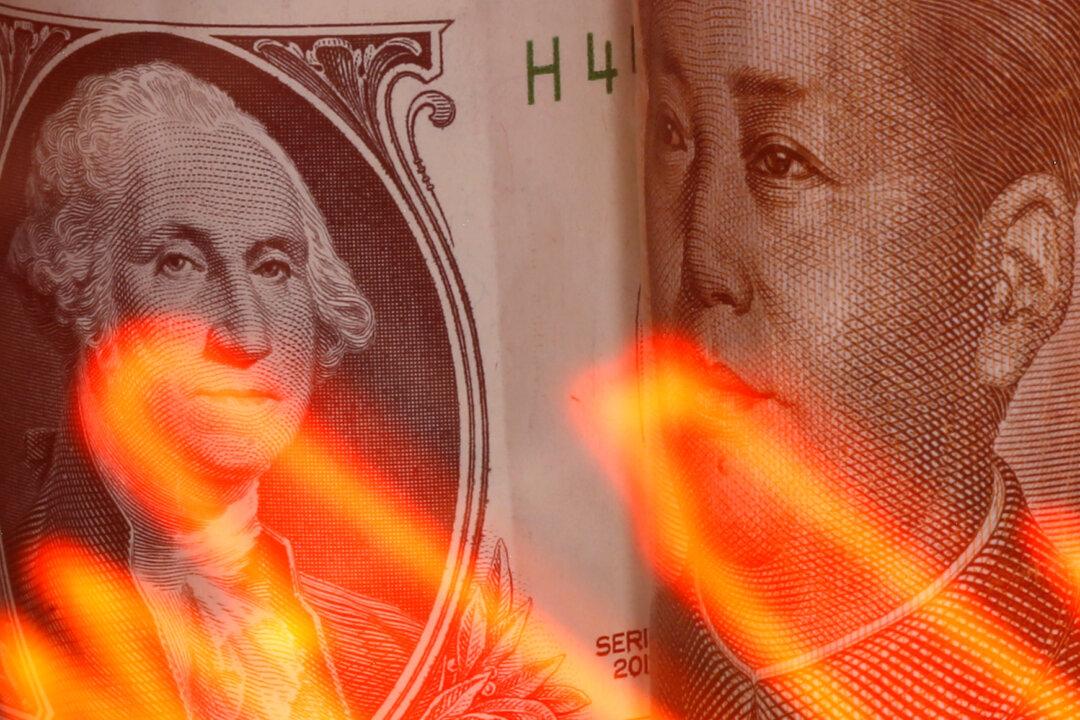Amid the escalating standoff between the United States and China over Hong Kong, the power of U.S. sanctions is emerging. Chinese state-owned banks have announced their intent to cooperate with recent U.S. sanctions on Hong Kong officials in order to protect financing and access to overseas investments.
These banks are among the wealthiest in the world, many owned by the Chinese government.




